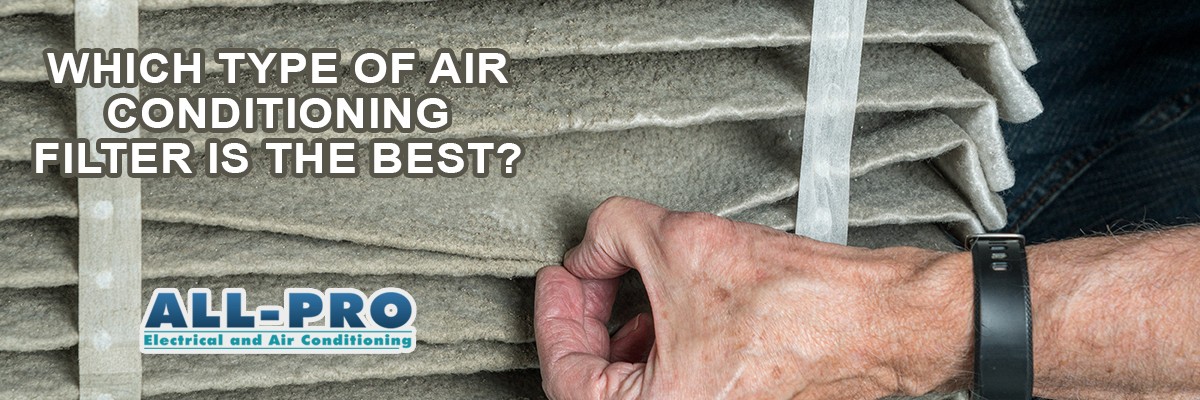It seems like not a day goes by that we don’t receive an email, phone call or text message with some kind of scam.
Most scams are quite obvious, in fact, they’re obvious by design. Those typo-laden “Nigerian Prince” scams (to cite the classic example) are meant to weed out less-trusting individuals who won’t ultimately send the requested cash. Some scams are a little more sophisticated…
You’ve probably received emails that look like they’re coming from Amazon or Venmo or Bank of America – any company that enough people have or have had an account with so that some percentage of email recipients will be tempted to click on a link that downloads a virus or takes you to a page where you’ll be asked to enter your username and password for that company.
If you’re trying to scam consumers in Broward or Palm Beach, or any number of places in the great state of Florida – there’s a pretty good chance those consumers are going to have an FPL account. That’s why so many scammers pretend to be affiliated with FPL (and other utilities in other areas).
According to FPL, some of the most common scams include:
- The caller pretends to be a Florida Power & Light Company (FPL) employee and insists your account is delinquent. Caller ID may even falsely display our number and appear to be FPL.
- The caller threatens to turn off power to your home or business within an hour if payment isn’t made immediately, and may even claim a truck is on the way.
- The caller demands immediate payment only with a prepaid card or wire transfer and provides a call back number that mimics our customer service line.
We just received a version of the phone call scam by text and, like the classic “Nigerian Prince” scam, this beauty was laden with typos:
Dear FP&L Consumer.
We notify you that your electric services will bedisconet due to lack of payments .Techniacians were dispatched and will arrive in about 30 to 45 minutes. If you have any suggestions or questions , please contact one of our branches or call 888-282-2765. Ext 0 to speak to
a live representative.
The recently launched FPL.com/protect allows consumers to “Report A Scam” right on their website. Information collected here will be used to identify emerging scam trends. To avoid falling for this particular scam, it’s important to know the following information, taken from FPL.com/protect.
FPL WILL NEVER:
- Demand immediate payment with a prepaid card or wire transfer through services such as MoneyPak, Zelle or Venmo, to avoid service disconnection.
- Ask for personal information, such as account numbers or your Social Security number, unless you call them – in which case they will ask questions to confirm you are the account holder.
- Knock on your door to sell a product or service. (Always ask to see the FPL employee or contractor’s photo identification badge and work request number prior to letting them in for scheduled appointments).
If something dosen't feel right to you - take action:
- Suspicious caller – Hang up
- Suspicious text or email – Delete it
- A visitor without official FPL identification – Shut the door
If you do fall for a scam, contact your local police department, the Florida Attorney General Office at www.MyFloridaLegal.com, or the Federal Trade Commission at www.consumer.ftc.gov.












